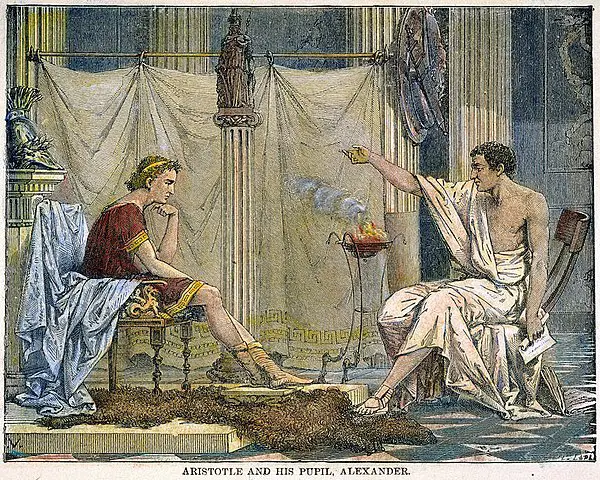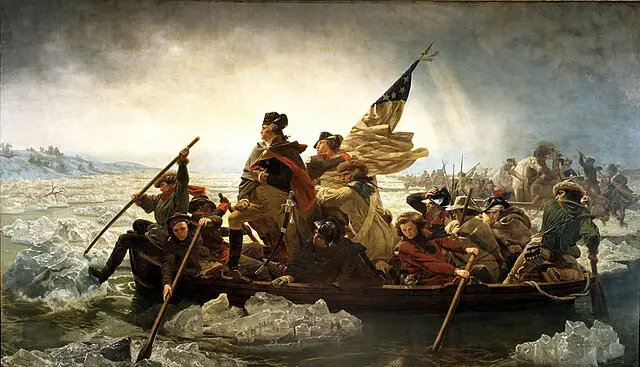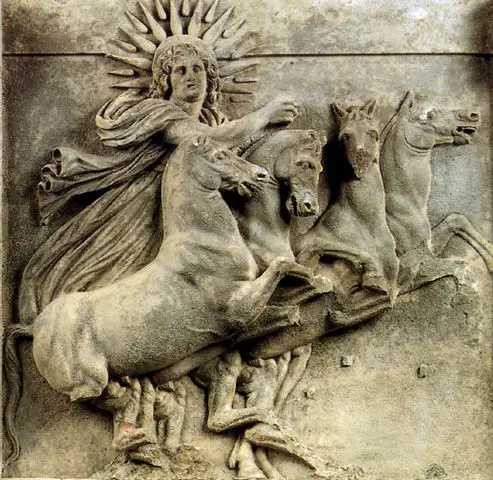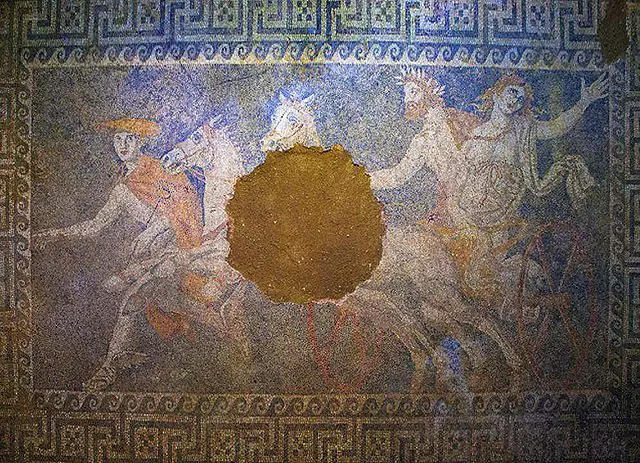
| Born | 384 B.C, Greece |
| Died | 322 B.C, Greece |
| Famous Quote | “Knowing yourself is the beginning of all wisdom.” |
| Reason for fame | Changed the way we observe the world and pursue knowledge |
| Area Of Influence | North America, Europe, Asia, Africa |
2,000 years ago in the city of Athens an academic named Aristotle would change the course of history forever. In the past 400 years alone Aristotle has been studied by well over 1,000 academics each praising this legendary figure’s impact on our society.
Aristotle is best known for his systematic practice of examining the physical world and applying his findings towards several fields of study. While most of Aristotle’s theories have not held up to the rigors of time, his academic method has persisted.
Out of the thousands of impacts Aristotle has had upon society and history, below is a list of the top 5.
Here at The History Ace we aim to make history easy and fun. We provide sources within the text for further reading. If you like the content feel free to sign up for the free newsletter.
Without further ado, here are the top 5 ways Aristotle changed the course of history forever.
1: Revitalized Academia After The “Dark Ages”
In both Europe and the Islamic world Aristotle changed the way in which people would approach the fields of science, philosophy, mathematics, and history. After the fall of the Roman Empire study of ancient Greek Philosophy would decrease. This time period is known generally as the Dark Ages. During this time period the study of the ancients was greatly diminished.
During the middle ages this changed drastically as academics in both Europe and the Islamic world “re-discovered” Aristotle and other ancient philosophers. Of these ancient philosophers, Aristotle stood out due to his ‘rational’ approach toward research. This resonated heavily during the middle ages when people would strive to explain their contemporary world.
In Europe, Aristotle stimulated an intellectual explosion. Clergy members would work continuously to copy what few ancient sources survived. All across Europe, the intellectual elite would study Aristotle. Those who wished to become the elite would then emulate this practice.
Due to this the demand continuously grew for Aristotle’s work up through the Enlightenment in the 18th century. At this point Aristotle’s philosophy would influence contemporary academics whose research would then take over.
Because of this Aristotle’s impact can be felt today. When you study Physics, Mathematics, Science, History, Philosophy, and many other fields thank Aristotle.
2.) Created The Scientific Method
Aristotle was known for his rational view of the observable world. In order to do this Aristotle helped pioneer what we now call today as the “scientific method.”
Aristotle’s views on the scientific method come from one of his most famous works Metaphysics. Within Metaphysics Aristotle outlines how a scholar would interact with the metaphysical world. This in turn would help create the fields of mathematics, physics, biology, chemistry, and many others.
Out of this book came the scientific method.
The Scientific method simply outlines steps someone would need to take in order to rationally explain a phenomenon. It is a four-step process that when repeated seeks to uncover the truth of an observation.
- Make an observation
- Form a hypothesis or idea of what is happening
- Test to see if the hypothesis is true
- Take data, draw conclusions, and repeat.
This is called rational observation. Aristotle helped create this formal thought experiment process. All scholars today interact with this process and have to acknowledge Aristotle’s impact.
Without Aristotle who knows how the technology of the world would have not progressed. Simply put, Aristotle’s impact can be felt in any piece of technology built today.
3.) Einstein and Galileo’s Theories Come From Aristotle’s Influence
Aristotle wrote on the theory of gravity. Galileo wrote against this theory but still had to interact with it. Einstein in turn would then publish his theory of gravity in retaliation.
While Aristotle’s believed that all the objects in the physical world were governed by observable objects moving in tandem with each other. This theory meant that everything we observe was influencing everything else around it. This was the basis of the theory of gravity.
Because of this Aristotle organized his cosmos with the earth at the center and everything revolving around it. This is called the Geocentric model of the universe and it would exist as the main theory for thousands of years.
As one might imagine eventually new data would come to prove this theory wrong. As technology improved and we gained the ability to build telescopes astronomers such as Galileo and Copernicus would publish theories to disprove Aristotle.
Several hundred years later Einstein would attempt to build a grand theory of gravity to replace Newton and Aristotle’s view. Aristotle believe that gravity moved all things to a place he called the “natural place.”
Scientists don’t work in a vacuum. Galileo and Einstein both wrote their theories to prove Aristotle wrong.
4.) Aristotle Created The Field of Political Science
Aristotle believed that one of the most important fields to study was the field of Political Science. This field, Aristotle argued, was responsible for the well-being of the state.
In his book, Nicomachean Ethics, Aristotle discusses the concept of ethics, morals, and history should be used for the well-being of the state. That this subject of study was just as important as medical to a doctor, or law to a lawyer.
Simply put, Aristotle created the field that we now know today as “Political Science.” In this field, an aspiring politician should study in depth the fields of Rhetoric to inspire the populace and history to understand societal morals and ethics.
The impact of Aristotle’s views on state-building in immeasurable. All modern nation-states have been impacted by the field of political science. Further, the concept of public speaking started with Aristotle’s views on Rhetoric.
Great orators such as Cicero studied in depth the works of Aristotle. They learned how to lead an audience, how to gain their trust, and how to induce them to action. Naturally, this has to lead to both good things in history as well as bad.
However, Aristotle’s work on what we now call political science is undoubtedly one of his biggest impacts on history.
5.) Aristotle Helped Create Modern Day Universities
Aristotle’s teacher was Plato. Plato created the worlds first university in Athens called The Academy.
After studying at the Academy Aristotle would create his own school called the Lyceum near the Academy. This was one of the worlds first Universities dedicated to several fields of study.
Because of this the Lyceum had several buildings, each one dedicated to another field of study. Today when we visit a university and notice that every building is dedicated to another field of study we can pause and thank Aristotle.
This breaking up each field of study into another separate sphere was unique to Aristotle. Because of this scholars could begin to specialize, an act that unlocked the key to academia.
Today all of academia has been able to grow because of Aristotle. The academic world as a whole owes a lot of thanks to the ancient Greek scholar.
Conclusion
There you have it; an article dedicated to the 5 ways that Aristotle changed the course of history. Few people have had the impact on our modern society that Aristotle has had.
Because of this even two millennia later we are still reading about the ancient Greek philosopher Aristotle and as time progresses his impact will only grow.
What did you think of this list? If you think something should be added feel free to reach out to me.
Sincerely,
Nick


